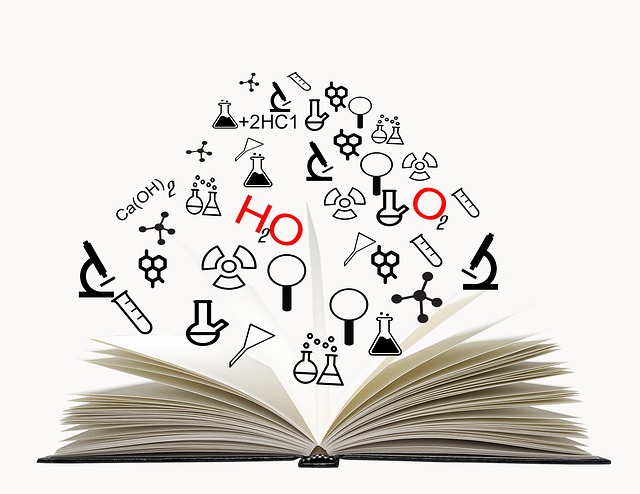In some sense, without evidence-based instruction, a child could be more like a mollusk in that they will withdraw from the learning process and build a shell to protect themselves from the emotional anguish of feeling less-than in the classroom.
- Decoding, Dyslexia, Fluency, Learning Disabilities, Lucy Calkins, Phonemic Awareness, Phonics, Precision Teaching, Reading Instruction, Reading Workshop, Science of Reading, Teacher Training, Three Cueing System, Whole Language
- Decoding, Dyslexia, Fluency, Phonemic Awareness, Phonics, Reading Instruction, Sight Words, Three Cueing System, Whole Language
Tipping The Scale on Fountas & Pinnell
Fountas and Pinnell, as well as other balanced literacy programs, places a great deal of emphasis on this guided approach to reading and group work because, fundamentally, they see reading as a social activity, rather than an individual’s ability to decode text, something that happens in the confines of the brain in the reading circuit.
-
The Science of Reading: 5 Key Concepts
The Science of Reading has been in the news a lot recently, and not surprisingly, many people (including a lot of teachers) find the sheer amount of information it involves overwhelming. So, the basics: the Science of Reading is not a movement or a belief system. It is a vast body of research based on hundreds of studies conducted by dozens of researchers over many decades, and involving fields in the social and hard sciences such as psychology, linguistics, and neuroscience. While researchers still have questions about the exact processes by which skilled reading develops, a sufficient number of studies have produced similar results to allow them to conclude that…
-
10 Signs of a Decoding Problem
Written English is a code in which letters and groups of letters are used to stand for sounds, and to be able to read, children must learn to break it—literally, to de-code it. Although skilled reading involves many factors, decoding ability is the foundation on which it rests; after all, it is impossible to pay attention to meaning unless one knows what the words say! The following list is intended to indicate some key warnings signs that may indicate a decoding problem. It is not, however, intended to be used a source for any particular diagnosis. Keep in mind that children learn to read at varying rates, and that some…
-
It’s Hard to Solve Problems that People Don’t Know Exist
Note: if you’re unfamiliar with the three-cueing system and want the full background, see this post first. If you want the short version, it’s this: basically, the three-cueing system is derived from the observation that skilled use a variety of “clues,” including spelling, syntax, and background knowledge to draw meaning from text. Over time, that idea became profoundly distorted into the notion that children should be discouraged from using all the letters in a word to determine what it literally says, and should instead look at only the first/last letters, along with other contextual clues—usually pictures—to identify it. I’m simplifying here, but that’s the gist. So moving on… A couple of weeks…




